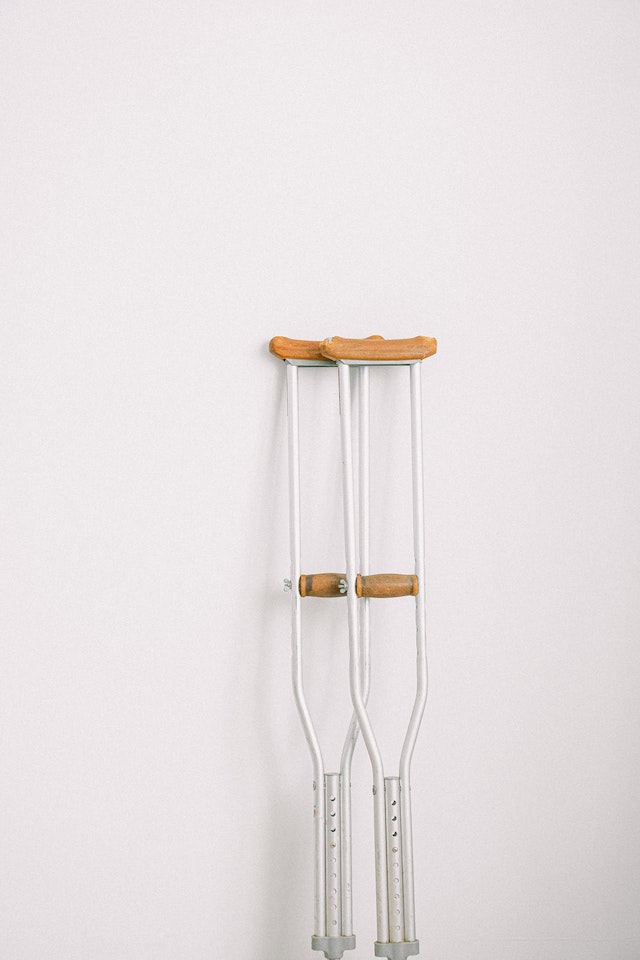When someone is involved in an accident, they might reach a settlement with an insurance company. The person being sued, who is the defendant, agrees to pay the person suing them, who’s the plaintiff, an amount, so they drop the case. The insurance company of the defendant is typically actually the party paying the settlement.

Most personal injury cases end with settlements without going to trial, and often before a lawsuit is even officially filed.
To come to a settlement amount, both sides will value what they think the case is worth. If an insurance company is handling the case for a defendant, they might already have settlement amounts for varying types of lawsuits.
Once both sides set up their estimate for what an acceptable settlement will be, they send demand letters and settlement offers.
Once there’s an offer that both parties find acceptable, an agreement is signed. In exchange for signing the agreement, the plaintiff agrees to give up all their rights to pursue further legal remedy relating to the underlying accident.
Of personal injury claims, only an estimated 4% actually go to court, so that means 96% are settled before a trial can take place.
Settlements are a popular option because they take a lot less time than a trial, and trials can also be very stressful.
The Terms of a Settlement
If you come to a settlement agreement, there are two general ways you can be paid. The first is a lump sum payment, and the second is a structured settlement. With a structured settlement, you’re following a payment schedule that could be monthly, quarterly, or annually for following some other schedule.
Your personal injury attorney could also negotiate so that you have a mixed structured settlement with a combination of payment intervals.
Regardless of how you receive your settlement, there are some steps you have to complete once you come to an agreement before you can receive a check.
Your personal injury attorney will receive a document called an Order of Settlement, usually. Once you receive that, you and the other party have 30 or 60 days to submit the paperwork associated with the document. Of the Order of Settlement paperwork, the release form is the most important.
After the Settlement Check Is Written
Once you complete your Order of Settlement paperwork, then the other party’s insurance company will send a check that will be addressed to both you and your attorney. You don’t get the check directly because first, your lawyer has to deduct their fees and expenses.
A lawyer will deposit their client’s settlement check into an escrow account until it clears, making sure the insurance company has adequate funds to cover the payout.
Then, if you have any debts that are owed to government agencies or companies, the settlement check will stay in escrow until those are paid. You could owe not only legal expenses but also medical bills. Your debts have to be paid off before you can receive your settlement check.
Once your attorney pays your debts and deducts your legal fees, then you get the remaining balance of your check, and you can do with it what you want at that point.
Specific things that can reduce the amount of personal injury settlement you receive include:
- Medical liens: These are paid by insurance companies, and then once a personal injury claim settles, they’re paid. You reimburse payments made by your insurance company on your behalf.
- Additional bills: If your process to settle goes on for a while, then bills can accrue, for example, your treatment bills could go up, and they weren’t included when you decided on an initial settlement amount, so they have to be paid.
- Attorney’s fees: This was talked about above, and most personal injury attorneys are paid on a contingency fee basis, so they take their money from your settlement directly.
- Additional expenses: These are other fees and costs that might have come up when you filed your case, like court filing fees, the cost of postage, and certified copy fees, as examples.
Is a Personal Injury Settlement Taxable?
For the most part, personal injury settlements aren’t taxable at the state or federal level.
There are a few exceptions to this, though. Punitive damages may be taxable because they aren’t tied to a loss. If you receive compensation for lost wages, this can be taxable, and in some agreements, the claimant will agree to be paid over several years. The claimant is owed interest on the unpaid amount, so if that’s the case and you earn interest on a settlement, that may be taxable.
Finally, the IRS can tax certain types of non-economic damages if they aren’t related to your injury. For example, the IRS might be able to tax compensation that you go for emotional distress because of the legal process for your case.
















Add Your Comment